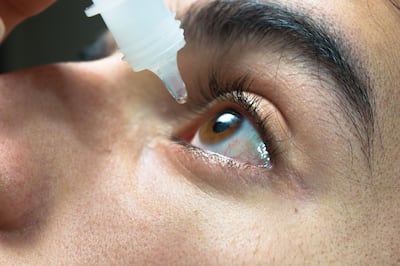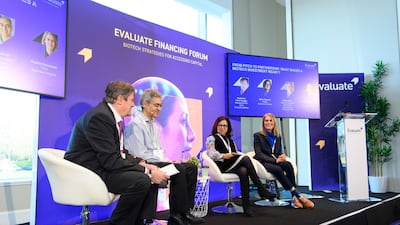Financing
Public Company Edition: Veradermics grossed $294.8m, while Eikon brought in $381m, AgomAb grossed $200m and SpyGlass raised $150m, bringing this year’s US IPO count to five. Also, Adlai Nortye grossed $140m in a PIPE, while other companies cut jobs and programs.
Among the Chinese AI firms raising new funding, Deep Intelligent Pharma has bagged a total of $110m in two rounds of funding since last December, while Levinthal, OxTium and Aureka have also closed new investment rounds.
India’s budget backs plans to scale production of biologics and biosimilars, shore up its clinical trials network and strengthen the regulatory framework. Customs duty exemptions given to several big pharma therapies, including those of Novartis and Takeda.
PharmAbcine founder shares views on current lack of post-delisting protections for technology companies in South Korea, proposing special regulations to safeguard expertise and assets for a certain period.
Public Company Edition: Cormorant’s special purpose acquisition corporation, Helix Acquisition III, went public to pursue health care and related opportunities, but at least four biopharma firms are seeking $150m-plus IPOs and the follow-on market is booming.
CEO Thomas Schinecker is signalling that historic investment in Switzerland cannot be sustained unless the country makes its investment and pricing environment more pharma-friendly.
Tenpoint expects to launch its Yuvezzi eye drops in early Q2, where it will compete with other rivals such as LENZ’s Vizz, as well as more traditional options such as glasses and lenses.
Multiple Chinese biotechs are seeking to raise new funds through IPOs on the Hong Kong and Beijing stock exchanges to support international clinical trials for their first-in-class molecules.
Fund IV exclusively targets company creation and early-stage investing across the UK and the US.
Companies requiring follow-on financing were particularly hit in 2025, but the first signs of ‘pension power’ has given the UK sector hope of more investment.
Private Company Edition: Twenty eight biopharma firms announced $2.11bn in new VC funding between Jan. 8 and 22 on top of $1.36bn in pre-J.P. Morgan disclosures on Jan. 7 and 8. Corxel led the recent financings with a $287m series D1 round to advance its oral GLP-1 agonist.
Interviews during the J.P. Morgan Healthcare Conference and commentary at the Biotech Showcase foresaw a strong 2026 almost across the board for drug developers seeking funding.
Europe produces world-class science, but lags behind other regions in translating discoveries into groundbreaking innovations that create jobs and drive economic growth. A new fund from the owners of Novo Nordisk hopes to change that.
With more than $112m in new funding, the company plans further development of its Phase I IL23p19xTL1A-directed bispecific candidate.
Public Company Edition: Aktis’s public market debut sets a positive IPO tone for 2026. Also, follow-on offerings grossed $825m for Arrowhead, $575m for Praxis, $350m for Crinetics and $300m each for Alumis and Monte Rosa ahead of the J.P. Morgan Healthcare Conference.
Drug developers executed just two initial public offerings in the US during the fourth quarter of 2025 versus six IPOs in China and South Korea, continuing a year-long trend.
Industry leaders, executives and investors forecast that M&A will accelerate in 2026, driven by patent cliff urgency. However, capital is becoming more selective, flowing towards proven assets, novel biology and innovative financing structures.
Private Company Edition: Parabilis brought in $305m, Soley raised $200m, Alveus secured $159.8m, Diagonal accessed $125m, EpiBiologics raised $107m and Rakuten garnered $100m, plus other venture capital announcements ahead of the J.P. Morgan Healthcare Conference.
Drug developers raised $8.04bn in venture capital during the fourth quarter, the largest quarterly total in 2025, but the full-year total of $25.23bn was below the $28.04bn raised in 2024.
The recent Evaluate Financing Forum saw three high-calibre panellists give real-world insight into the best ways to secure the best partnerships.

















